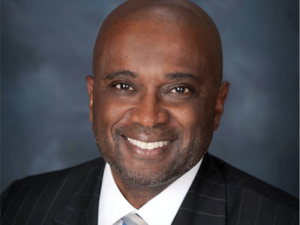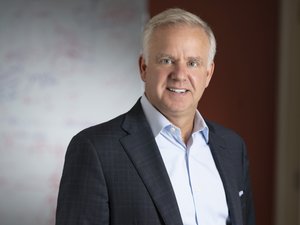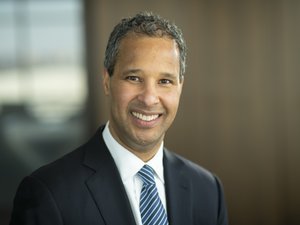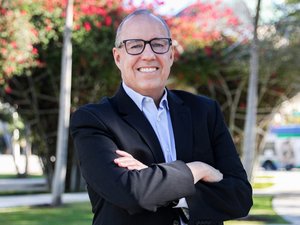The 3 a.m. Saturday Metro rides aren't coming back any time soon. WMATA's board announced on Thursday that the post-SafeTrack program Metro will close at 1 a.m. on Friday and Saturday and 11:30 p.m. the rest of the week. The new schedule begins in July, and expires in two years, a compromise by WMATA's board to avoid a total veto of keeping the closing time at midnight all week.
The tension between more open hours and needing to set time for maintenance and track inspection has grown since the SafeTrack program and its shortened schedule began. The SafeTrack program allows WMATA to do three years-worth of repairs and maintenance in just ten months, but it's been rough for a lot of commuters, in part because of the early closing times. The changable schedule of closures and other Metro alterations haven't helped either.
The importance of making sure the tracks and trains are safe is obviously paramount, but even this compromise is going to leave a lot of people who rely on late night public transportation unhappy.
"Metro's success is the region's success," Ryan Croft co-founder of D.C.-based smart transportation dashboard startup TransitScreen told DC Inno. "Sadly, low wage laborers [like] line cooks, cleaning staff, dishwashers are the people who will feel the feel pain. "Fewer late night mobility options are worse for everyone."
One element of the SafeTrack era that's likely to persist though is the coordination of ride-hailing startups like Uber and Lyft with WMATA. Just this week, news came out that Uber is formally partnering with WMATA to let its cars directly drop off and pick people up at dozens of Metro stations.
"Metro's success is the region's success."
"In the greater DC metropolitan area, we're fortunate to have a wide variety of transportation options that make up a resilient regional transportation system," Tom Hayes, Uber's general manager for D.C., Maryland and Virginia told DC Inno. "The Metro is the backbone of that system, and we're committed to our continued coordination with WMATA to ensure that anyone in the region who needs a reliable ride can get one. Whether DC-area residents are finishing the 3rd shift, coming home from a night out, or commuting during rush hour, they can rest assured that between WMATA and Uber, a safe, reliable ride will always be available."
Of course, not everyone can afford to take even the relatively cheap carpool options. That's one reason transportation is a central part of the Greater Washington Partnership, the new ecomomic coalition led by local business leaders aimed at knitting the DMV tighter together. Without easy access transit services though, the habit people have for taking Metro may start to fade, and that's not good for the area.
"There is a real fear in our industry that without late night service, people may default back to cars and reverse progress we have made," Croft said. "You can't be a world class city if you can't offer late night service."




